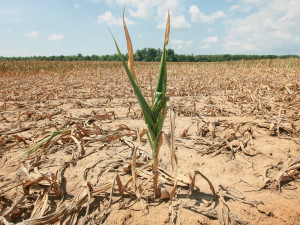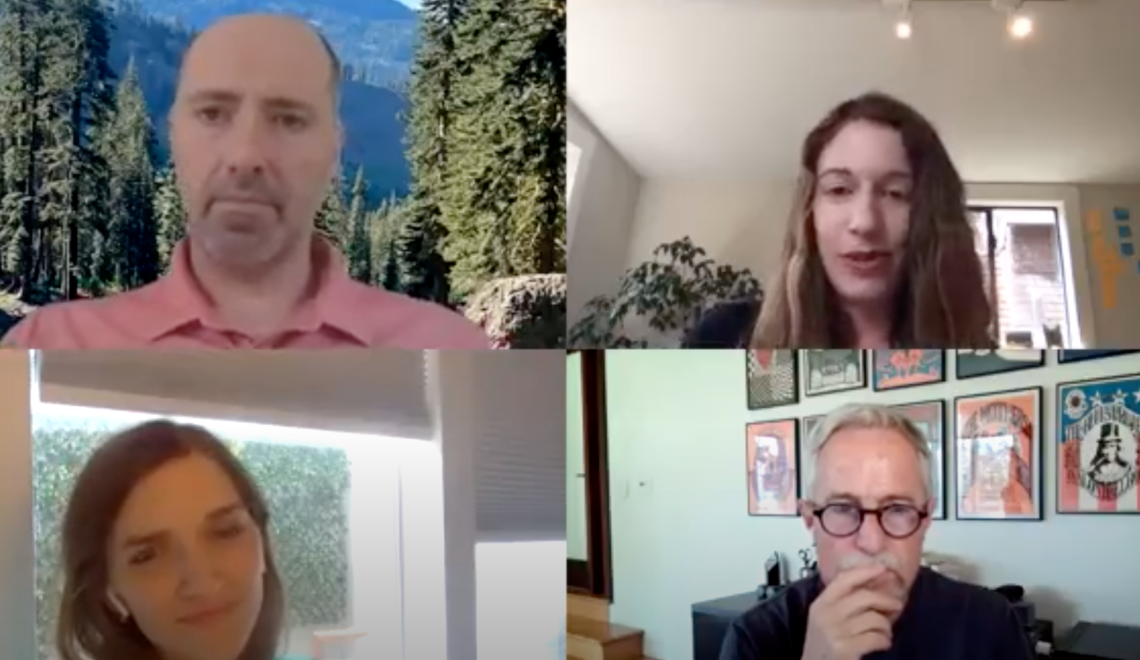
Although climate change is a pressing issue around the globe, it can often feel far away when the effects are masked by continued availability of any food imaginable in the grocery store, reliable electricity delivered 24/7, and gasoline fueling cars every day. However, even in American suburbia, there are many ways that climate change is actually having significant impacts on daily lives. Here are a few:
Local weather patterns
While the average temperature of the Earth overall is rising, that means very different things for different regions of the planet. In fact, some areas of the world are getting colder due to ocean and atmospheric circulation patterns. Changes in local weather patterns like snowpack conditions, the length of seasons, and the timing of seasonal changes often can be correlated to climate change. Check out this article about research that Stanford climate scientist Noah Diffenbaugh performed that linked the current California drought to climate change: http://news.stanford.edu/news/2014/september/drought-climate-change-092914.html
Extreme weather events
Climate change has been increasing the intensity and frequency of extreme weather events like hurricanes, tornadoes, heat waves, and severe storms. This video by the Natural Resources Defense Council summarizes recent extreme weather patterns in the United States: https://www.youtube.com/watch?v=jo678wes1zg

http://eureka.intven.com/images/made/heroes/hurricane-from-space-satellite_1280_640_s_c1.jpg
Food prices
Farmers are one of the groups that is most affected by climate change, and intense droughts and shifting weather patterns impact the way that farmers can grow food. Often, these changes make it very difficult for farmers to produce a high crop yield, and so supply decreases, which increases the price of food. This increase in price is then reflected in what consumers pay at the grocery store. Here is a brand new article from World Watch Institute about rising food prices and climate change: http://www.worldwatch.org/node/5434
 Health effects
Health effects
Impacts of climate change on weather, air quality, and rising air temperature have many implications for human health. Extreme weather events like heat waves and hurricanes have huge impacts on human health and safety, and rising air temperatures actually make it easier for diseases like salmonella to spread. Reduced air quality due to carbon emissions and other pollutants is also a big issue – in 2008, over 126 million Americans were breathing air that didn’t meet national air quality standards. Check out this EPA summary on human health impacts of climate change: http://www.epa.gov/climatechange/impacts-adaptation/health.html
National Security
With food shortages, extreme storms, and increasing human health concerns, climate change has been dubbed a “catalyst for conflict” by the U.S. Military (http://ecowatch.com/2014/05/14/military-report-climate-change-conflict/). Natural resources are absolutely essential for every economy around the globe, and without adequate natural resources, conflict is likely to occur between people, among communities, and against nations. Conflict is also very likely to occur in certain communities that are already disadvantaged due to pre-existing environmental justice concerns, such as low-income populations that live next to power plants. Climate change is a growing national security issue that affects everyone on the planet as we try to tackle both environmental and social issues in our society.

Even though climate change can sometimes seem far away and far off into the future, it really is a very prevalent issue in our society that is happening right here and right now. Luckily, there is still a little bit of time left to turn things around, but we need to act fast to protect our environment and natural resources so that our children and our children’s children won’t see the same daily consequences of climate change in their lives.











US